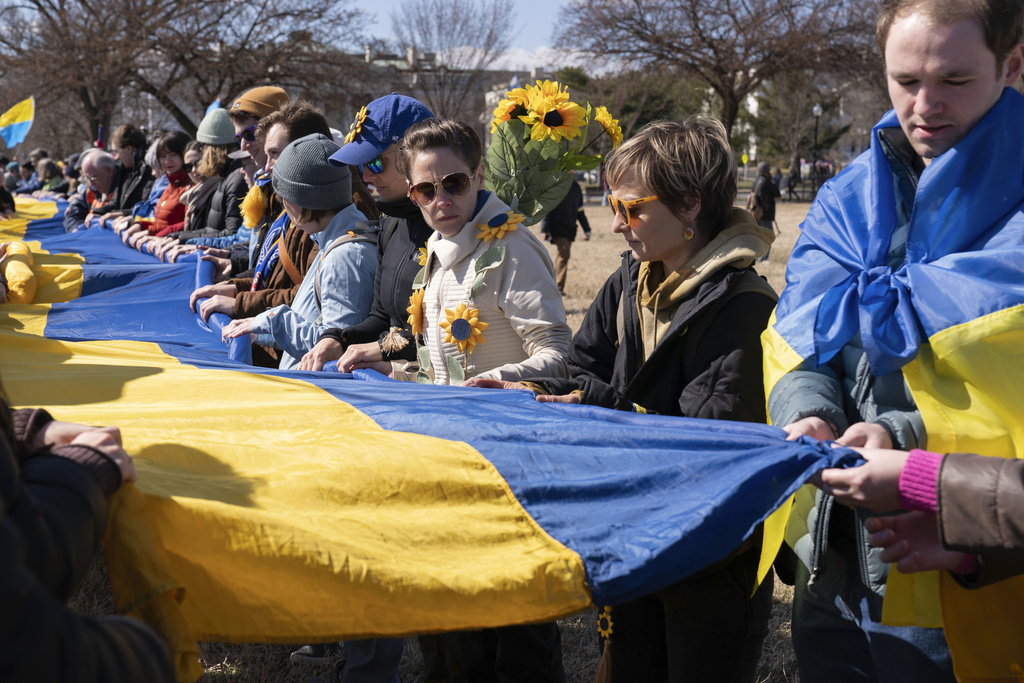Russian-Ukrainian War Reshapes Global South as Nations Seek Balance Between West and East

The Russian-Ukrainian war has shaken the foundations of the Global South’s geopolitical alignment. In his new analysis for The Gaze, Bohdan Popov, Head of Digital at the United Ukraine Think Tank and communications specialist, explores how countries such as Brazil, South Africa, and India navigate between Western and Eastern power centers, while Ukraine works to strengthen its diplomatic foothold across Africa and Latin America.
First of all, Popov notes that Brazil’s position is shaped by President Luiz Inácio Lula da Silva’s pursuit of “strategic autonomy.” While condemning Russia’s invasion at the UN, Brazil has avoided joining sanctions and instead proposed a joint “peace plan” with China.
Kyiv views this framework as ambiguous and favorable to Moscow. Decades of skepticism toward U.S. foreign policy and a strong domestic “peace movement” reinforce Brazil’s neutrality.
South Africa mirrors this stance, abstaining from UN resolutions critical of Moscow and citing food security and trade priorities with both the West and Russia. Pretoria’s alignment within the BASIC bloc (Brazil, India, South Africa, China) reflects its intent to present itself as part of a “third force” in global affairs.
Meanwhile, India continues to walk a tightrope. Bound by its historical defense ties with Russia but increasingly reliant on the U.S. for technology and investment, New Delhi maintains a rhetoric of non-interference, voting abstentions, increasing energy imports from Russia, and emphasizing national interest over global alignments.
These states’ hesitancy is a calculated strategy – a “refusal to become vassals of either camp” that stems from long-term pragmatism and distrust toward the West’s conditionality.
Despite asymmetrical resources, Popov argues that Ukraine has launched an active “Ukrainian-African Renaissance” since 2022. Former Foreign Minister Dmytro Kuleba’s multiple tours across Africa opened embassies, built partnerships, and amplified humanitarian diplomacy through initiatives like “Grain from Ukraine”, which directly addressed food insecurity in vulnerable regions.
In Latin America, Kyiv has established parliamentary friendship groups, cultural diplomacy channels, and cooperation in education and technology. Countries such as Argentina and Colombia have joined humanitarian campaigns and supported efforts to return abducted Ukrainian children.
However, Popov stresses that these diplomatic advances require more consistent financial and logistical backing from Ukraine’s Western allies if Kyiv is to compete with Russia and China’s far better-funded influence campaigns.
“Ukraine has a chance for diplomatic and moral victory in the Global South only if it transitions to a systemic game,” Popov concluded."The Global South does not want to be a tool in someone else's war, but it is ready to cooperate with those who speak its language – not only linguistically, but also culturally, historically, and economically.”
Read the full article on The Gaze: The Great Realignment: How the War in Ukraine Reshaped the Global South